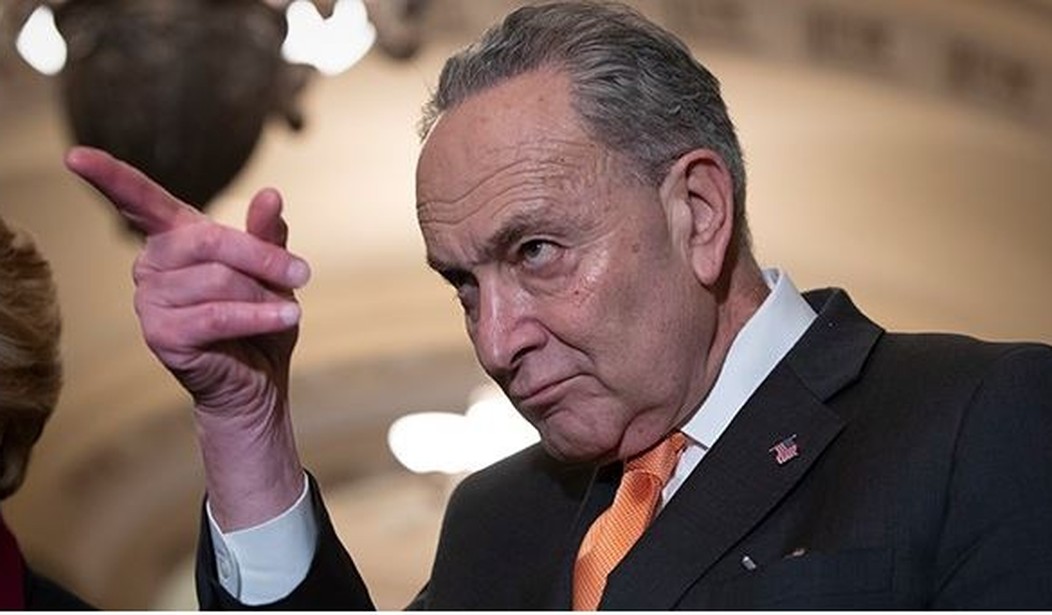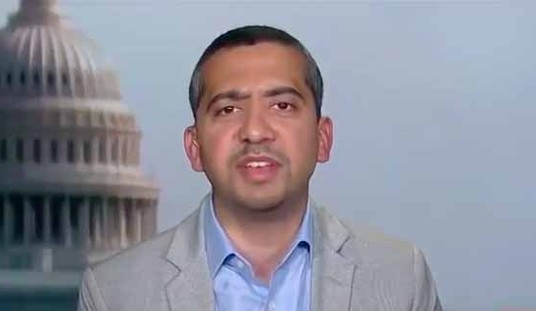House Majority Leader Rep. Steve Scalise (R-Louisiana) calls out Democrats for refusing to even come to the negotiating table.
Here's what's happening:
Americans want us to address the debt AND the spending problem that caused it.
House Republicans passed a plan and are asking for basic things—like for those without kids who are able to work to get a job.
Dems are refusing to even come to the table. pic.twitter.com/bfw87gmqqZ
— Steve Scalise (@SteveScalise) April 30, 2023
Negotiating with congressional Republicans should not seem novel to President Joe Biden, Sen. Ted Cruz (R-Texas) points out.
Joe Biden can learn from his past-self: He negotiated with Republicans in 2011 to cut spending and bring in our budget.
It’s time to stop listening to the Marxists who run his White House. pic.twitter.com/3AQPDHuQiN
— Senator Ted Cruz (@SenTedCruz) April 30, 2023
Democrats push an agenda replete with ideological fallacies, such as raising taxes during a period of economic sluggishness and spending more government dollars in an inflation-ridden economy. These positions and others, such as constraining U.S. energy production capability and allowing over-regulation by government agencies, render Democrats apparently unable and evidently unwilling to negotiate with elected Republicans. Perhaps they believe some of the nonsense for which they politic. Perhaps the left wing of the Democratic Party has far too much power. Perhaps they do not understand macroeconomics. Or perhaps there is some other convenient scapegoat that will need to be made available for the effects that will undoubtedly be caused by the latest round of absurdities peddled by Democrats.
There are reasons why government spending is not the (or even an) answer to inflation, recorded annual price increases of goods and services, which as of March 2023 is 5 percent. Government spending is a temporary bandage, not a long-term repair. Government spending is, by definition, dollars being spent rather than invested. Government spending goes where the government decides, which does not automatically mean it goes where it can best meet a need. In contrast, fiscal responsibility is a tool that can be effectively used in response to high inflation.
Government spending can be cut. The tax burden on individuals, families and businesses (which employ individuals, members of families) can be reduced. Regulations can be eliminated. U.S. energy production capability can be unleashed.























Join the conversation as a VIP Member